It is difficult to maintain good credit. Unfortunately, many people get lost in the myriad myths surrounding how to do it. It doesn’t take a lot of credit cards (check out https://mint.intuit.com/
Private credit-monitoring firms calculate your credit score. It reflects your ability to repay debts. This rule is simple: The lower your finance costs, the better credit you have. Your FICO score will directly impact your ability to get a lower finance rate.
Contents
You can achieve perfect credit

Source:: sysnetgs.com
There are two types of credit: revolving and installment credit. The first is large lump sums that you borrow and slowly pay off, such as student loans or home loan. A debt that you have on a regular basis is the second. An example would be your credit card.
“If you want to get a good credit personal loan, lenders want to see that you have a manageable amount of debt and are responsible with your money.” Says Baruch Silvermann, founder of The Smart Investor, an online financial academy for millennials whose site is infoforinvestors.com. “If you have a $300,000.00 mortgage, a $40,000 student loans, and a $7,000 balance on your credit card with a $10,000 limit, this is a lot of debt. It’s not enough to guarantee a good credit score”.
Top 5 Factors that Affect Credit Score
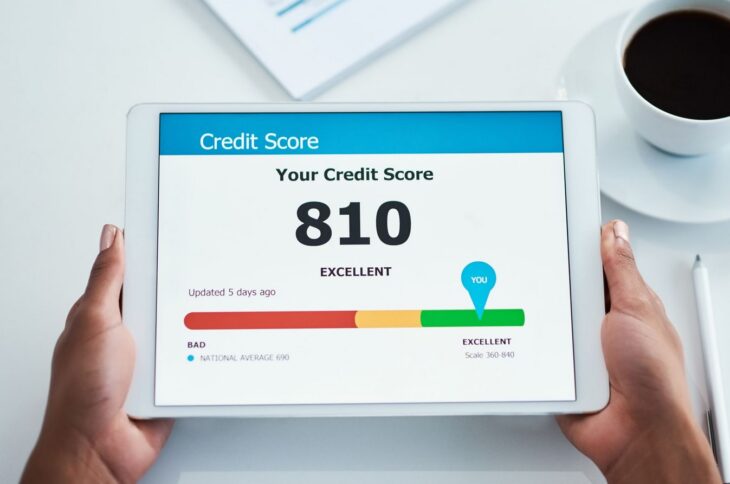
Source: investopedia.com
When assessing your credit score, there are five key factors to keep in mind: credit history, credit indebtedness and time in file. You also need to consider the pursuit of credit or credit use (mixed credit). Let’s just say that lenders are trying to determine if you can repay them in a timely manner if you decide to loan you money.
There are three important things that you need to know, in addition to the specific factors.
- Credit agencies can only look back up to seven years of your credit history. You don’t need to worry about a missed payment from 8 years ago. It won’t appear on your credit report unless…
- You have filed bankruptcy. They will then go back ten year’s into your history.
- Student loans – If you have been in default, this will haunt you. This exception to the seven year rule will not be removed from your credit reports. You can only get that speck out of your credit report removed by paying the entire amount. Also, make sure the collection agency informs the credit bureaus about your settlement of the loan.
It accounts for 35% to your credit score. It’s a good indicator of your ability to pay all your bills on a regular basis. If you have missed payments they can be points against your credit but not so much if they are small and long ago. The best way to avoid problems is to pay your bills on-time. If you want to know more about how your payment history can impact your credit score. Credit indebtedness refers to how many debts you have currently and how large they are. This is important as it can impact 30% of your score.
FICO score is 300 at the low end, and 850 at the high end. It might be a question you are asking: Is there a perfect score? Fair Isaac Co., which developed the secretive FICO score , revealed that only one in nine Americans achieves a FICO score greater than 800. Only 1% of Americans get a perfect credit score above 850. If you are looking for perfection, statistically speaking, 1 out of 100 is not a good ratio.
Best Strategies to Improve Your Credit Score
A perfect credit score is possible, but it’s much easier than you might think. My FICO credit score was 849 when I checked it early this month. Imagine if you could only get one point closer to a perfect score.
I stopped to reflect on what I had done that was so extraordinary it elevated my credit score to a high place. It was then that I realized something striking: I hadn’t done anything especially earth-shaking. I followed five simple strategies and practiced financial self-discipline. These strategies were sufficient to get me almost perfect credit scores.
1. Paying Your Bills On Time
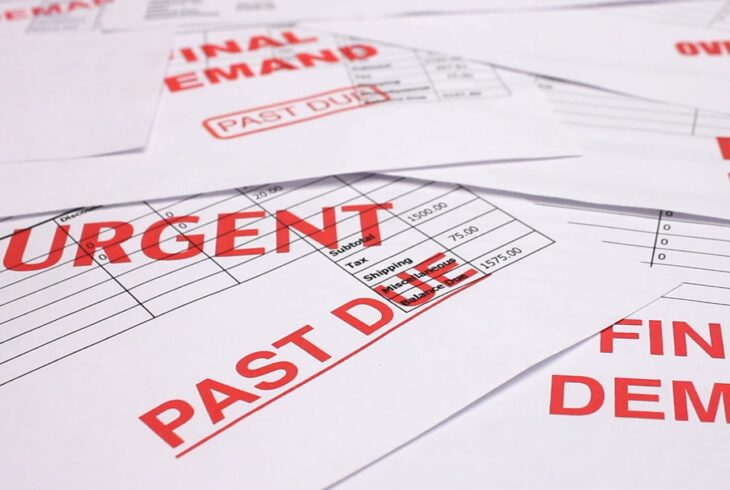
Source: nationalcreditfederation.com
This is a non-negotiable. Your track record of paying your bills on-time is the most important factor in building a perfect credit rating. Your ability to pay your bills on time or earlier will show lenders that you can trust them with future loans. You may be offered a lower rate of interest. Lenders would often compete for customers with better credit scores. This will give you more leverage to negotiate a better interest rate .
It is important to understand that lenders may not be too concerned about late payments if you have a payment history that shows late payments are the exception, rather than the norm. Although late-payment tolerance varies from lender to lender, many companies are flexible. You can avoid any negative consequences if you are late on your payments once in 12-24 months.
You don’t have to carry a credit card balance in order to improve your credit score. While the card companies would love for you to earn interest on your balance each month, credit bureaus only care about your ability to pay your obligations by the due date. Credit-wise, you’ll receive the same benefit if you pay your balance at each end of the month as if there was a smaller balance.
2. Pay Attention to Your Credit Utilization Rates
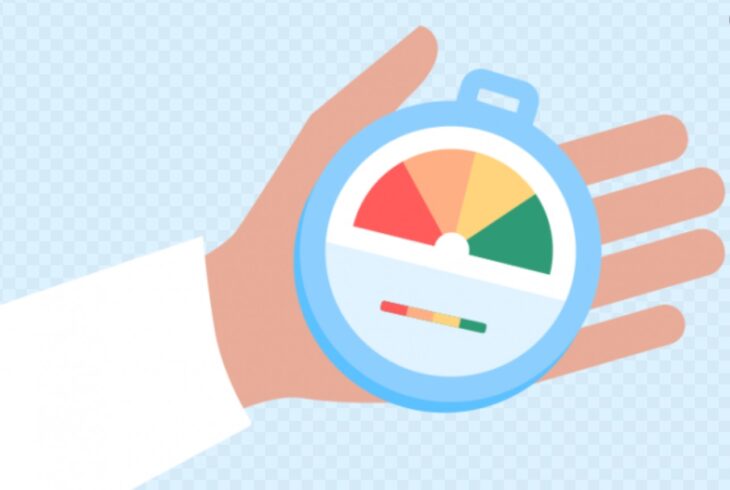
Source: nerdwallet.com
Next, you need to control your credit utilization rates. This is how you can determine how well or poorly you are doing. Add all your available credit lines together (including any amounts you have been granted the privilege to borrow). Add the total amount of your debts to these lines. Divide the total credit you used by the available credit lines and you will get your credit utilization ratio. Give yourself a pat on your back if it is below 30% or below 20%. The three credit agencies will see you as a professional and look very pleased with yourself.
Credit bureaus are especially concerned about cases where credit utilization rates exceed the 30% threshold. This indicates that you are not managing your money properly or have difficulty paying your debts.
A credit card line increase is one factor that can help you manage your credit responsibly. This increases your credit lines and can reduce your utilization rate. A decrease in credit lines could negatively impact your utilization rate. A higher utilization rate will be noticed by the credit agencies.
3. Mix Your Credit

Source: Bankrate.com
A third important thing is to ensure that you have a variety of credit accounts. Creditors are looking to determine if your ability to pay on time, manage your debts, and how well you can handle various types of credit accounts.
Here’s how it works: Credit agencies will look at your combination of installment loans (mortgage or car loan), and revolving credits (credit card). They will lend you if they feel you are capable of managing a reasonable amount of debt obligations. This will benefit your FICO score.
4. Keep Them Open, Keep Them Long Enough
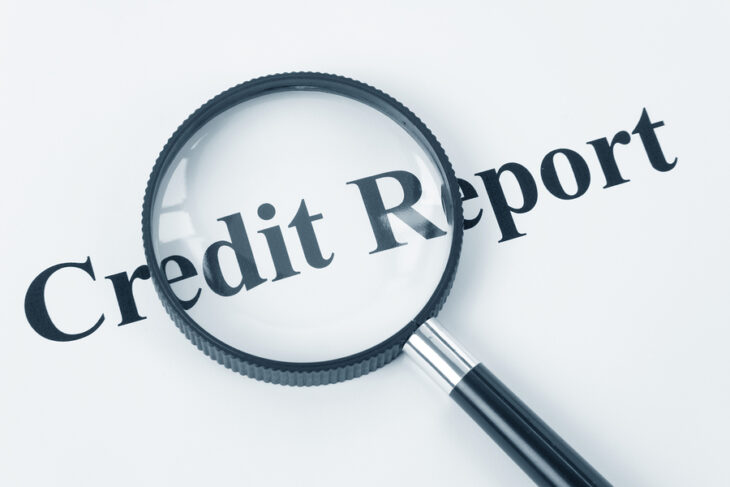
Source: americanprofit.net
If you keep your accounts open for a long time, credit scores should be boosted.
Credit reporting agencies and lenders use the same information as a roadmap: your credit history. You might claim you have a great payment history, and you can get credit cards today without having to credit your credit history. Lenders might be reluctant to approve your account if the history is less than six months. It’s difficult to draw a conclusion about your ability and willingness to pay your obligations. However, if your average account is over ten years old, it’s sufficient to show that you are trustworthy.
Don’t close long-standing accounts, even if they aren’t used often. Your credit score will be affected if you have a long-term credit history. Long-tenured accounts are great for this. Make sure to only use your credit lines a few times a year. This will keep your accounts active and in good standing.
5. Consider Twice Before Opening a New Account
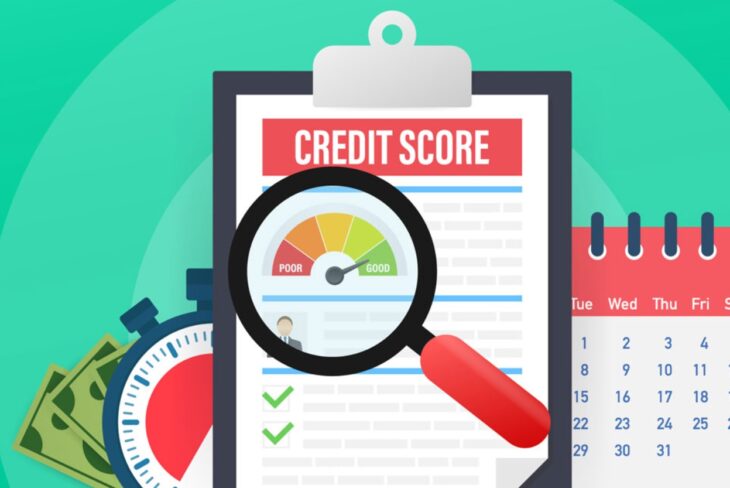
Source: BadCredit.org
Last but not least, the credit bureaus will be watching your management of multiple credit accounts. You should avoid opening too many accounts.
Ask yourself if you really require a new account. Are you really using it for your purchases? A line of credit is logical if you’re buying a house, a car, paying for college, or just looking to buy a new sprinkler system. These large-ticket events may require you to have standby credit.
If you are looking to buy a pair of new earphones at a discounted price of $9.95 at your local sporting shop, opening a new bank account to receive 10% might not be the best thing. As you age, it is important to be cautious when opening new accounts. A new account could negatively impact your credit history. The influx of credit inquiries may result in a reduction in your FICO score.
These strategies are simple, but if you stick to them over time you might achieve a perfect credit score in excess of 850.

Source: iStock.com
How long will it take to boost your score?
Your current score will determine how long it takes to increase your score. You can improve your score quickly if you don’t have a lot of credit history or you’ve never used credit.
If you are in debt, it will be easier to raise your score if you have paid off most of your debts. It will take longer if you have a history of credit problems, such as missing payments or filing bankruptcy. It can take many years to recover your credit score completely and bring it back to its highest point.
It doesn’t matter how severe your financial problems are, it won’t be easy to rebuild credit. It could be a serious illness that requires a medical treatment. Or it could take several years.

Source: wthr.com
What length of time will my negative information remain on the credit report?
Negative payment information (ex. Credit reports will be kept for seven years with negative payment information (ex. Other public records information such as Chapter 7 bankruptcy filings and unpaid tax lien will be available for up to ten years.
As the years pass, negative information’s impact tends to diminish. It is more difficult to recover from serious delinquencies like collections or charge-offs than it is to make a few missed payments. You can start the process of improving credit history as soon and as quickly as you can in many ways.
The bottom line
Maintaining good credit is similar to taking care of your car. You must review your credit history and keep it current. Your credit score must be monitored. Click here to get a free annual credit report. Federal law allows you to get a free report once per year from all three major agencies.
